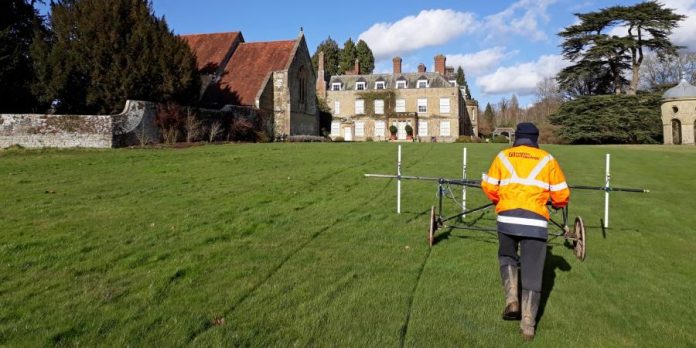Dave Norcott and Mark Williams from Wessex Archaeology Sustainability Working Group caught up to discuss the importance of sustainable development in the Historic Environment sector.
Why is sustainable development important to Wessex Archaeology?
Sustainable development is important for all of us – it is the way we organise current processes to influence the future.
Climate change is the biggest challenge facing the planet right now, but sustainability isn’t only about climate change. Governments, international agencies and developers alike are using the frameworks of sustainability – in particular the Sustainable Development Goals and their targets – to express their values and how they intend to interact with the world, both in minimising negative impact, but also in terms of the positive contributions they wish to make to society, economies and the environment.
To this end, Wessex have created a working group of people from across the business whose experience and passion lies in various different aspects of sustainable development. This group is responsible for creating and delivering a set of objectives for the company around sustainability, and for ensuring that we are offering effective, high-quality services that help clients achieve their sustainability targets.
Over the last couple of years, Wessex have been linking up to share ideas with key people from organisations in the UK and internationally, including Historic England, the Environment Agency and Historic Environment Scotland, and they are also founder members of the Climate Heritage Network whch recently joined forces to host a Climate Takeover Day at the CBA’s Festival of Archaeology.
This summer they hosted a thought leadership session at the EA’s Flood and Coast 2021 conference on Sustainability for Specialist Subcontractors, which brought together colleagues from a range of organisations to explore how we can work together most effectively to add sustainability value as part of a supply chain. This will be followed up with a white paper shortly.
Please follow this link to read more….
Sustainable Development in the Historic Environment Sector | Wessex Archaeology

